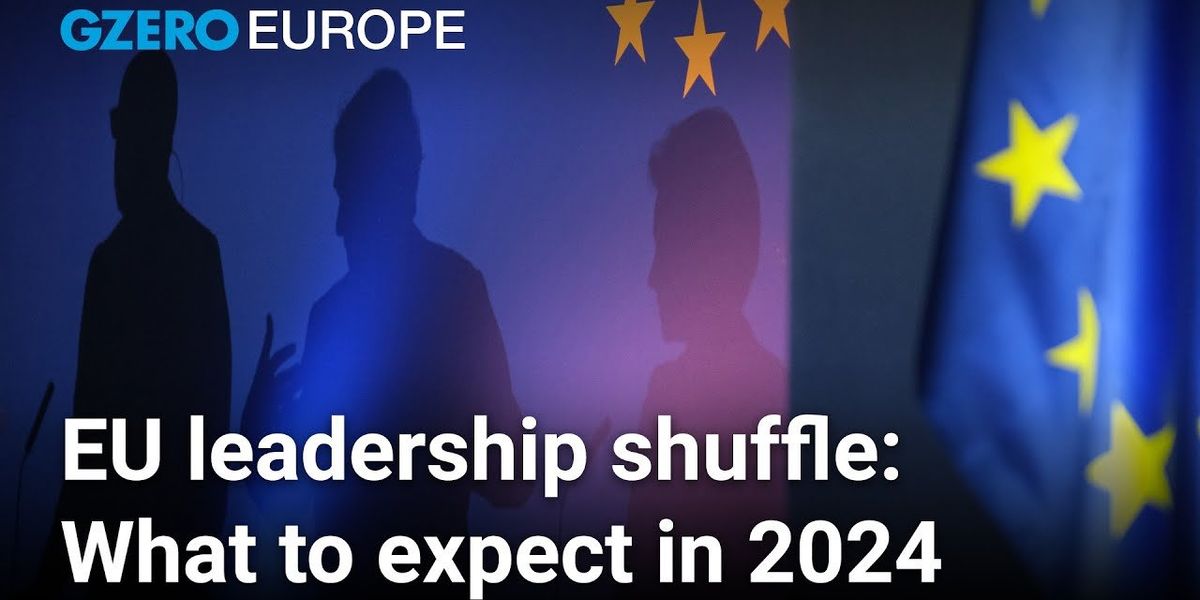Trending Now
We have updated our Privacy Policy and Terms of Use for Eurasia Group and its affiliates, including GZERO Media, to clarify the types of data we collect, how we collect it, how we use data and with whom we share data. By using our website you consent to our Terms and Conditions and Privacy Policy, including the transfer of your personal data to the United States from your country of residence, and our use of cookies described in our Cookie Policy.
{{ subpage.title }}
European Union's chief Brexit negotiator Michel Barnier talks to journalists in Vienna, Austria June 19, 2018.
France gets a government - but how long will it last?
A droite, s’il vous plaît! Three months after France’s snap election produced a hung parliament, President Emmanuel Macronfinally unveiled a new government with a distinct rightward tilt.
Led by conservative Prime Minister Michel Barnier, the new 39-member cabinet includes ten key figures from the establishment center-right Republican Party, including staunch conservative Bruno Retailleau as interior minister, overseeing immigration. Macron loyalist Sébastien Lecornu will remain defense minister, while Antoine Armand, a low-profile member of Macron’s centrist alliance, took finance.
The only left-winger in the cabinet is independent Didier Migaud, the new justice minister.
Given that the leftwing New Popular Front alliance won the most seats, Macron’s choices put the government on thin ice.
Far-left leader Jean-Luc Mélenchon dubbed it"a government of the general election losers" and the New Popular Front has threatened a no-confidence motion. That could come as early as October, when Barniermust submit the government’s 2025 budget plan.
Barnier may need to draw support from rightwing parties, including Marine Le Pen’s National Rally. But that’s dicey too. Although National Rally has no government portfolios, it has enough votes to bring it down if it works with the left wing. Cooperating with archrivals might prove too high a hurdle, but we’re watching how Barnie navigates the dangerous waters.Europe's big political stories to watch in 2024
Carl Bildt, former prime minister of Sweden, shares his perspective on European politics.
What are the big political stories in Europe 2024?
Well, obviously the Russian aggression against Ukraine and the possibility of supporting Ukraine in its fight for its independence, freedom of sovereignty, is going to be the dominant story.
But apart from that, the election to the European Parliament happening in early summer, that's going to be enormously important, both because it will show the respective strengths of the different political forces in Europe. I would expect the center-right EPP to remain as the dominant force in the European Parliament, but that remains to be seen. And that is of course the beginning of the process of appointing all of the new personalities that will dominate the European Union in the coming five years. President of the European Council, president of the Commission, high representative for foreign and security affairs, president of the European Parliament, all of the commissioners, all will be decided during the month immediately after the election, based on that particular result.
Then, of course, an election in the United Kingdom, which is highly likely to produce a new government. And then perhaps the possibility, with a new commission and a new government in London, a more constructive relationship across the channel between Brussels and London. And I think that might be highly needed, as the country that I'm at the moment in is also having an election in November, and that might produce an outcome which might be highly problematic from several points of view. And Europe has to be ready
- Dutch voters take hard-right turn: Will more of the EU follow? ›
- Poles to the polls! ›
- Ahead of the Spanish election, the political pendulum is swinging right ›
- After pivotal election, Slovakia forms new government ›
- EU to Ukraine: Let’s get this started ›
- Populism and partition? Europe's bleak forecast for the year ahead - GZERO Media ›
- European Elections: What to expect - GZERO Media ›
